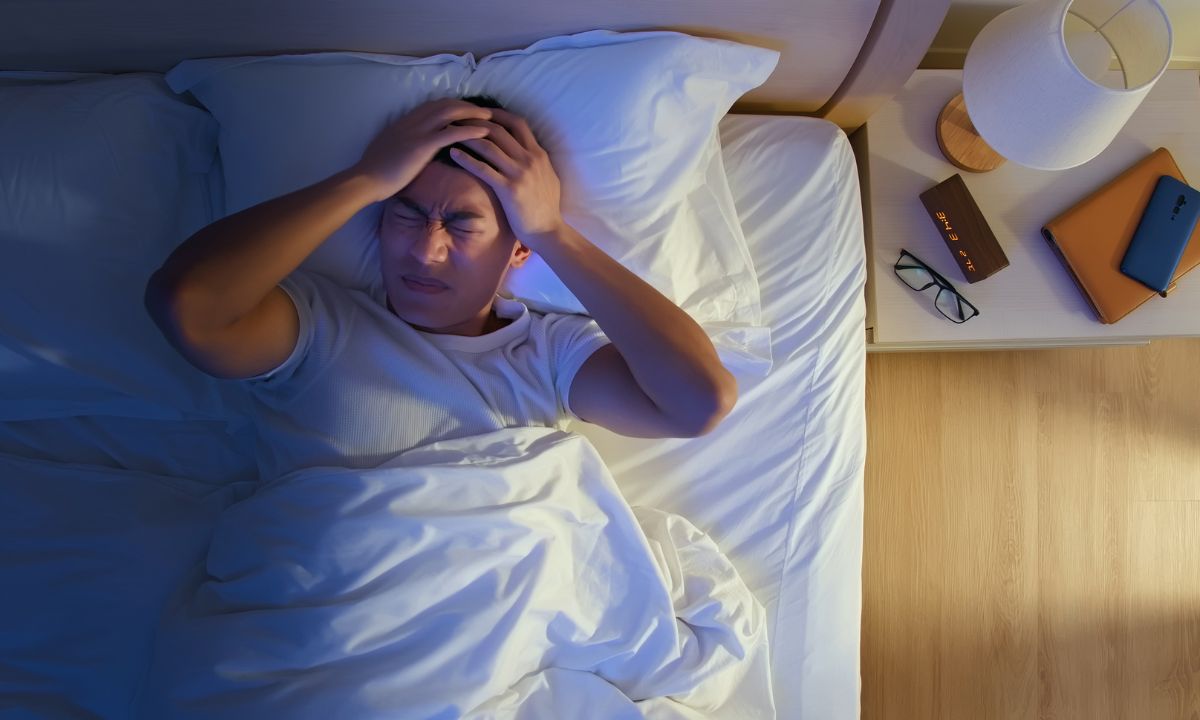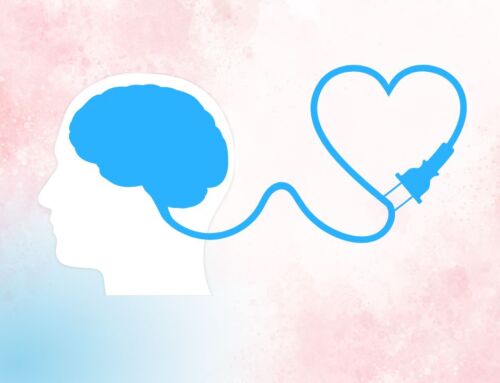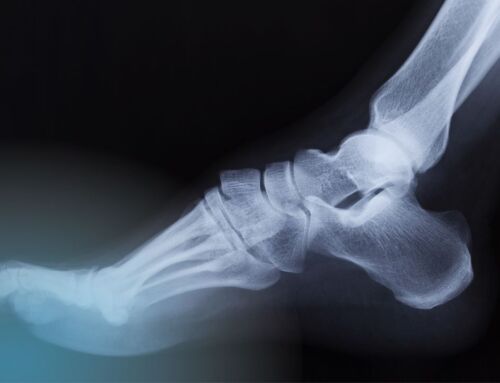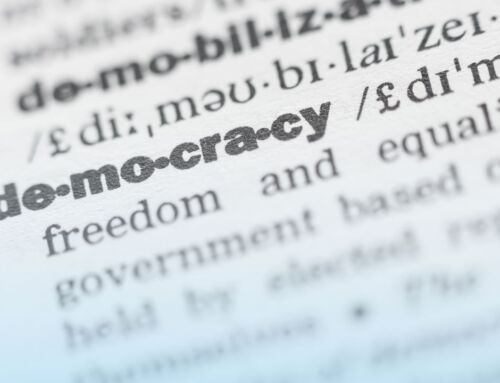Did you know that World Sleep Day is held the Friday before the Spring Vernal Equinox of each year? This was news to me, a sleep-challenged person! World Sleep Day, organized by the World Sleep Day Committee of the World Sleep Society, aims to lessen the burden of society’s sleep problems through better prevention and management of sleep disorders.
This year’s World Sleep Day will be held on Friday, March 15, and is during Sleep Awareness Week (March 10-16), organized by the National Sleep Foundation. It’s an annual event intended to be a celebration of sleep and a call to action on important issues related to sleep, including medicine, education, social aspects, and driving.
I imagine we all know how important sleep is. I remember being a mom of newborn babies and being so sleep deprived that I wasn’t safe driving. I read a statistic somewhere that said that being sleep deprived at the wheel was as bad as being drunk at the wheel! Oy, that really scared me!
Sleep plays a crucial role in overall health and well-being throughout life. Getting enough quality sleep at the right times can help protect your mental health, physical health, quality of life, and safety.
The reasons why sleep is so important include:
1
Physical Health
Sleep is involved in the healing and repair of your heart and blood vessels. It is linked to a reduced risk of heart disease, kidney disease, high blood pressure, diabetes, and stroke. Lack of sleep can also affect growth and stress hormones, the immune system, appetite, breathing, and weight control.
2
Mental Health
Sleep helps support healthy brain function and maintain your mental health. It enhances learning, decision-making, and creativity. Adequate sleep is also important for emotional and psychological resilience, helping to manage stress, depression, and anxiety.
3
Memory Consolidation
During sleep, your brain is busy processing information from the day, making connections between events, sensory input, feelings, and memories. Deep sleep is particularly important for memory consolidation, where information is transferred from short-term to long-term memory.
4
Safety and Performance
Sleep deficiency alters brain function in ways that can impair your abilities to make decisions, solve problems, control emotions and behavior, and cope with change. It has been linked to errors in judgment that can lead to accidents and injuries. Well-rested people operate more effectively and safely.
5
Growth and Stress
Sleep supports growth and development in children and teenagers. It aids in the repair of cells and tissues in the body. Sleep also helps regulate the body’s hunger hormones, leptin and ghrelin, which control feelings of hunger and fullness. Moreover, sleep affects how your body reacts to insulin, the hormone that controls your blood glucose level.
6
Immune Function
Adequate sleep boosts your immune system’s ability to fend off infections and diseases. On the flip side, chronic sleep deprivation can make you more susceptible to common infections like the cold or flu.
Sleep is foundational to both physical and mental health, influencing nearly every tissue and system in the body. It is essential for maintaining cognitive skills such as communicating well, remembering key information, and being creative and flexible in thought processes.
I know that when I’ve had a few weeks of fractured sleep, my ability to remember words is severely diminished. Then I have a few seconds of fear that I’m losing my marbles! Here are some resources that may help you not only settle down for a good night’s sleep, but also put your mind at rest so that you can fall back to sleep if you wake during the night. The trick for both is giving your brain something to concentrate on so that you don’t allow rumination to take over.
My favorite guided meditations for sleep are on Insight Timer. Search “sleep” and you will find some wonderful ones, including Kenneth Soares’ meditation for deep sleep. It is 61 minutes long, and I am usually sleeping before it ends. There is no ending chime to jar you awake so you can drift off during the meditation. Other meditations that I find helpful are called Yoga Nidra for sleep. Play around listening until you find a voice that you find soothing. The voice I really enjoy is Jennifer Piercy for Yoga Nidra — but that’s a personal choice, and there are lots to choose from! In Yoga Nidra, the instructor takes you through a body scan, systematically guiding you to notice and relax each part of your body. When I awake in the night, I take myself through a body scan starting at my feet, saying in my head, relax my feet, then moving up both legs at the same time, my trunk, arms, neck, and head until I tell myself to relax my entire body. This prevents my mind from spinning out on my worries.
Sometimes meditation doesn’t work to settle me back to sleep in the wee hours, and that’s when I pick up my Kindle to read a book to distract my mind longer, until I get sleepy.
I used to have a headband that had speakers in it so that I could listen to guided meditation in the night without annoying my husband, and without a hard earbud hurting my ear, or falling out and getting lost in the bedsheets. Now I guide myself, so I don’t need any equipment — but if that’s too difficult for you, I recommend technology!
Anything you can do to improve your sleep is a gift to yourself — and you deserve it!




















